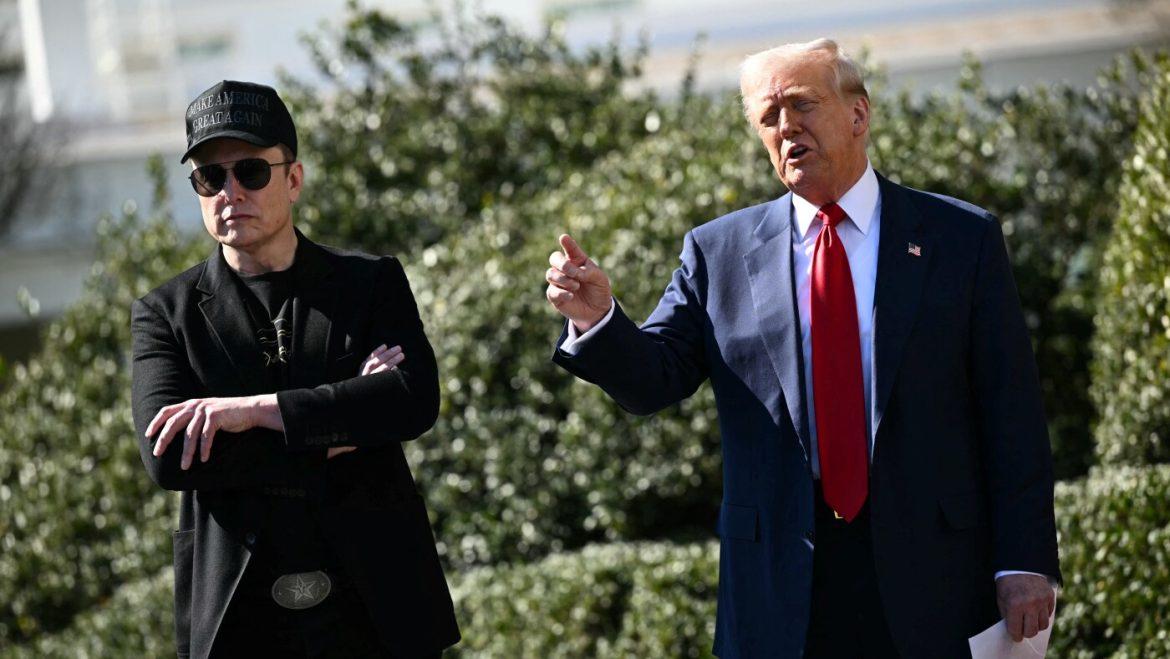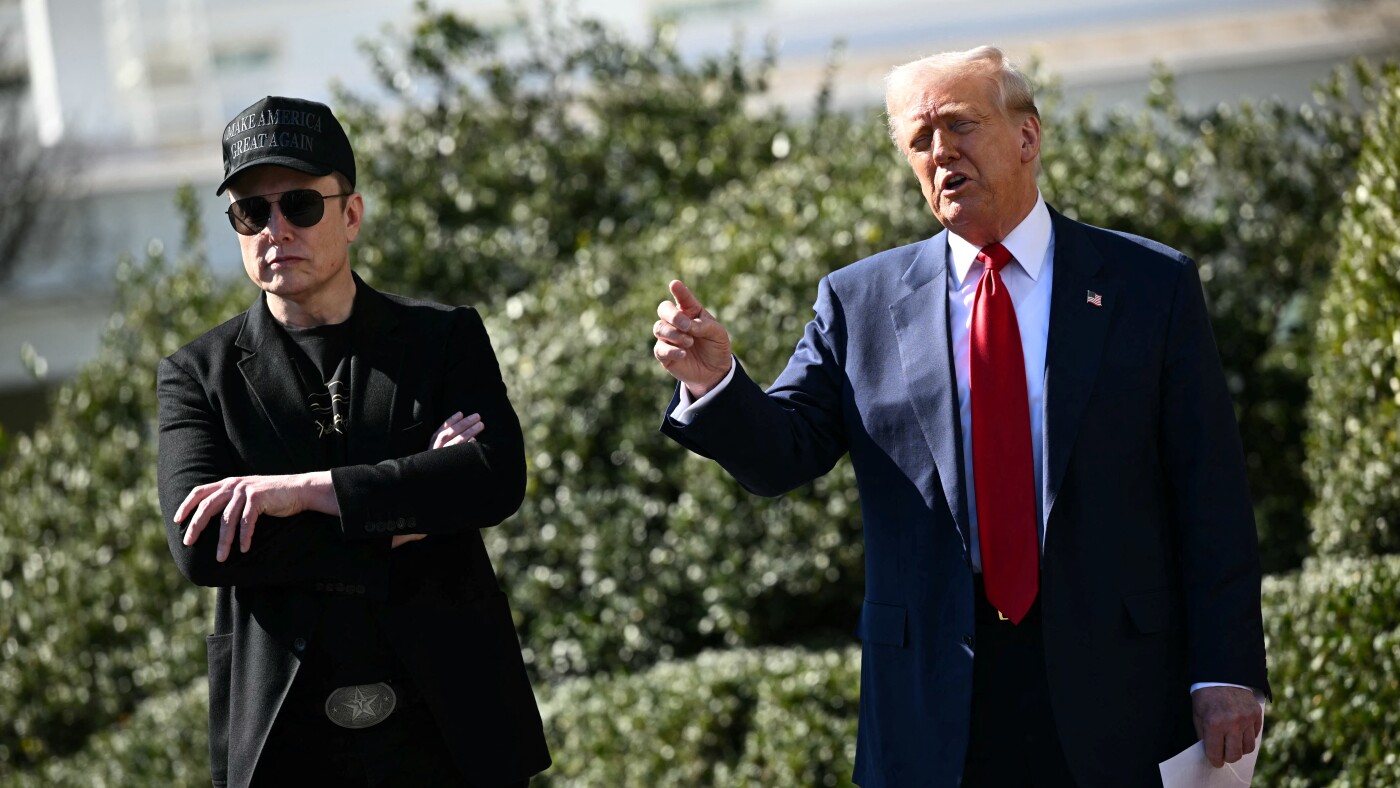The Judicial Pushback Against Trump’s Executive Overhauls
The Legal Battleground
The Trump administration’s ambitious plans to overhaul the federal government have faced significant legal hurdles, with federal judges playing a pivotal role in shaping the outcomes. The judicial branch has been actively engaged in scrutinizing and, in many cases, temporarily halting key aspects of Trump’s executive orders. These actions have highlighted the delicate balance of power between the executive and judicial branches, as well as the constitutional limits of presidential authority.
The Overhaul of Federal Elections
One of the most contentious areas has been Trump’s overhaul of U.S. elections. A federal judge temporarily blocked the administration’s proof-of-citizenship mandate for voter registration, citing constitutional concerns. This mandate was part of a broader executive order aimed at tightening election regulations. The judge’s decision to halt this specific requirement was a significant setback for Trump, who had argued that such measures were necessary to restore public confidence in the electoral process. However, the judge allowed other parts of the order to proceed, including directives to tighten mail ballot deadlines. This partial block underscores the judiciary’s role in ensuring that executive actions align with constitutional principles, even as they address pressing public concerns.
The Federal Funding Freeze
Another major point of contention has been Trump’s attempt to freeze federal funding for programs that do not align with his administration’s agenda. This sweeping directive faced immediate legal challenges, with multiple federal judges issuing temporary restraining orders to halt the freeze. The judges argued that the administration’s actions fundamentally undermined the distinct constitutional roles of each branch of government. The freeze, if implemented, would have affected a wide range of programs, from clean energy initiatives to emergency shelters, causing widespread confusion and frustration. The judicial interventions were crucial in preventing what could have been a chaotic disruption of essential government services.
The Consumer Financial Protection Bureau
The Consumer Financial Protection Bureau (CFPB) has also been a focal point of legal battles. A federal judge issued a temporary injunction to preserve the CFPB, preventing the Trump administration from dismantling it. This move was seen as a victory for consumer protection advocates who feared that the dissolution of the CFPB would leave consumers vulnerable to financial abuses. The judge’s decision to block the administration’s actions reflects the judiciary’s commitment to upholding regulatory bodies that safeguard public interests.
The Federal Employee Buyout Program
Trump’s plan to push out federal employees by offering financial incentives also met with judicial resistance. A federal judge temporarily blocked this program, citing concerns about its potential impact on the stability and continuity of federal services. The judge’s decision highlighted the need for careful consideration of the long-term effects of such policies on government operations and public service delivery.
The Role of the Judiciary
The judiciary’s actions in these cases underscore its role as a check on executive power. Federal judges have been vigilant in ensuring that the administration’s actions comply with constitutional principles and do not overstep the boundaries of executive authority. This judicial oversight is crucial in maintaining the balance of power within the government and protecting the rights of citizens.
The Impact on Public Services
The legal battles have had tangible effects on public services. The temporary blocks on Trump’s executive orders have prevented disruptions in critical areas such as food safety, disaster response, and consumer protection. These judicial interventions have helped maintain the continuity of essential services, ensuring that the public continues to receive the support and protections they rely on.
The Broader Implications
The judicial pushback against Trump’s executive overhauls has broader implications for the future of executive power and the role of the judiciary. It serves as a reminder that the executive branch is not above the law and that the judiciary will act to ensure that executive actions are constitutional and in the public interest. This dynamic highlights the importance of a robust and independent judiciary in a democratic society.
Conclusion: The Judicial Firewall
In conclusion, the judicial branch has emerged as a crucial firewall against the Trump administration’s sweeping executive overhauls. Through a series of temporary blocks and injunctions, federal judges have ensured that the administration’s actions are subject to constitutional scrutiny. This judicial oversight has been essential in preventing potential disruptions to public services and maintaining the balance of power within the government. As the Trump administration continues to push the boundaries of executive authority, the judiciary’s role in upholding constitutional principles will remain vital in safeguarding the interests of the American public.


